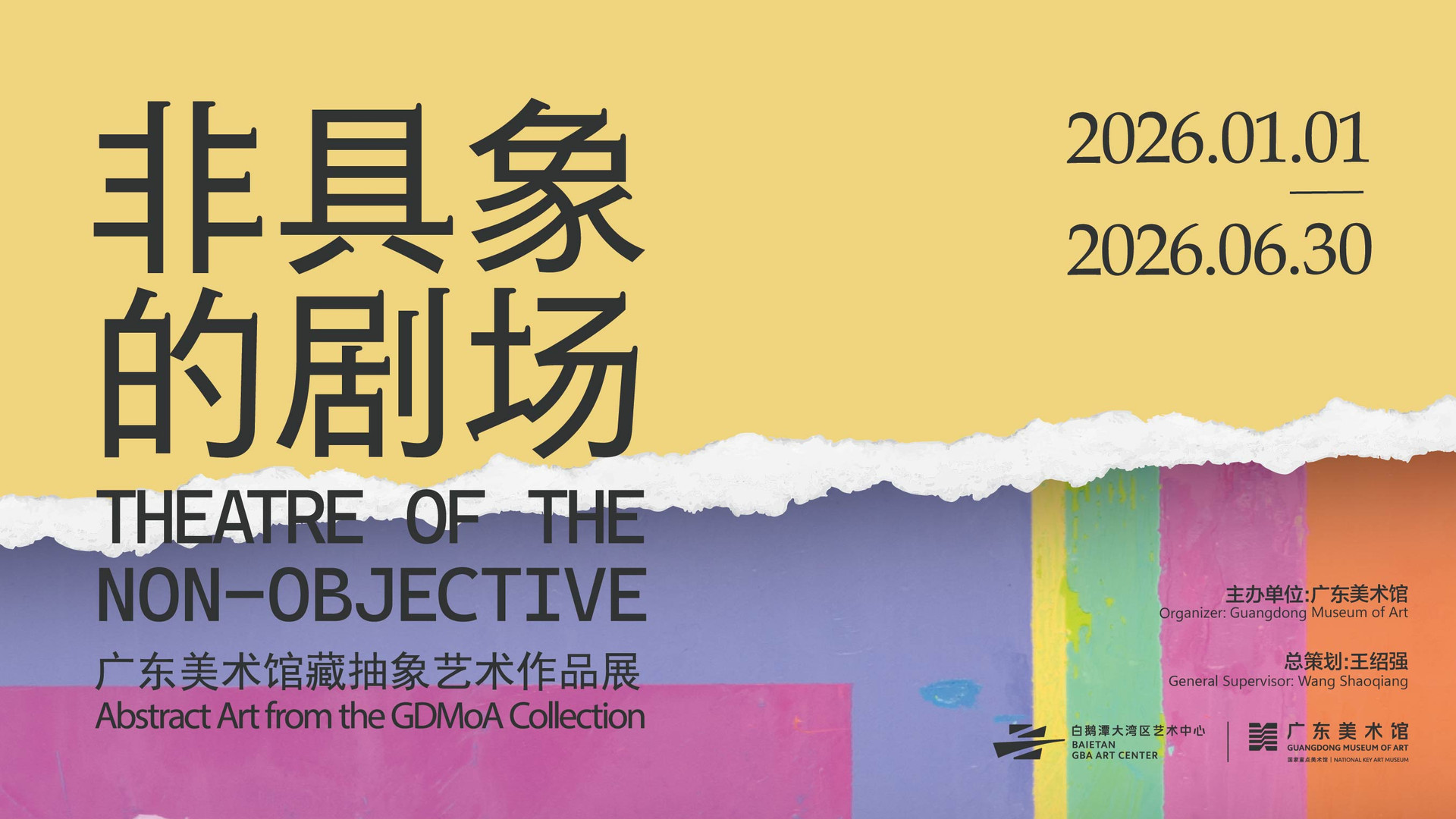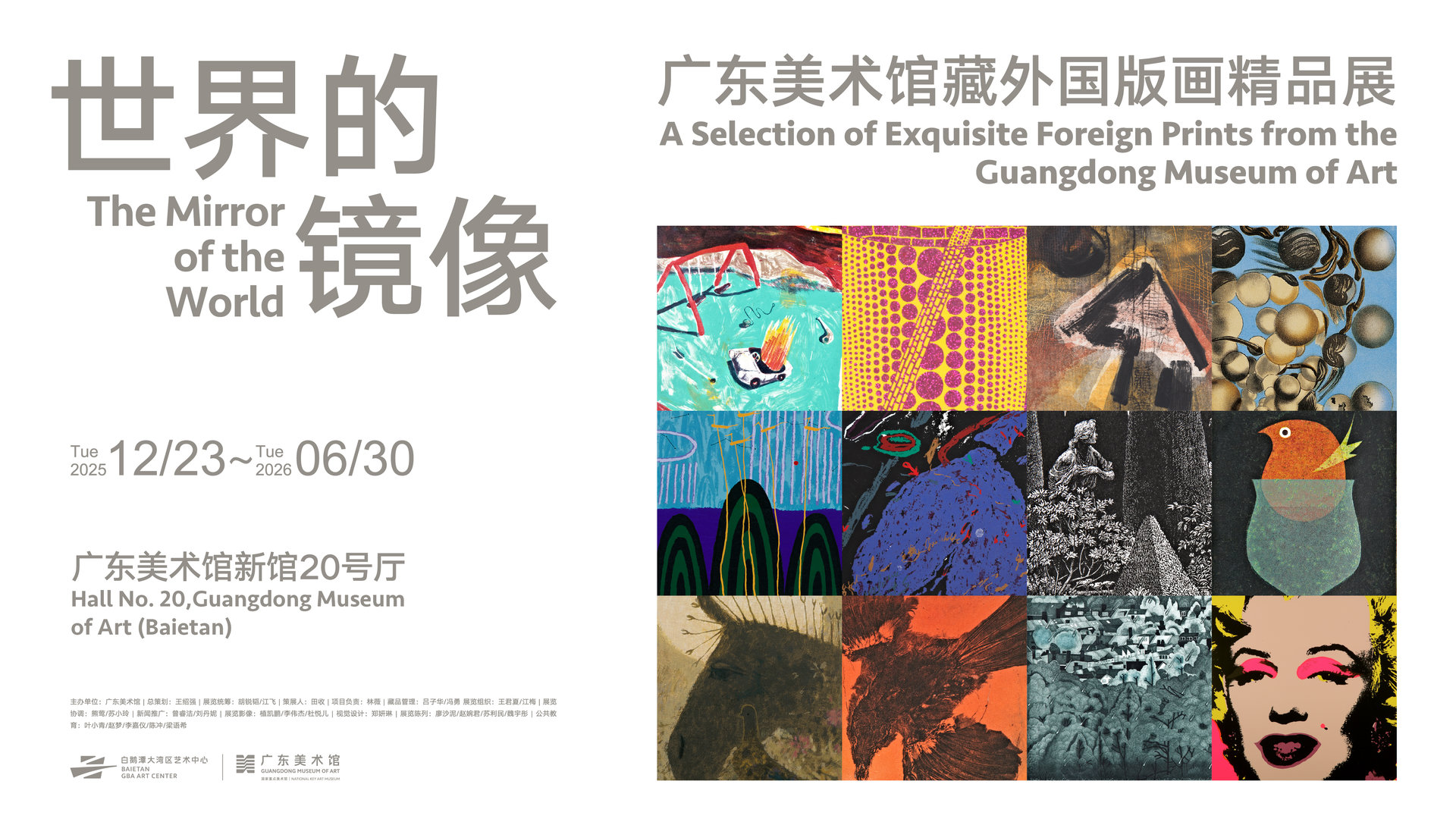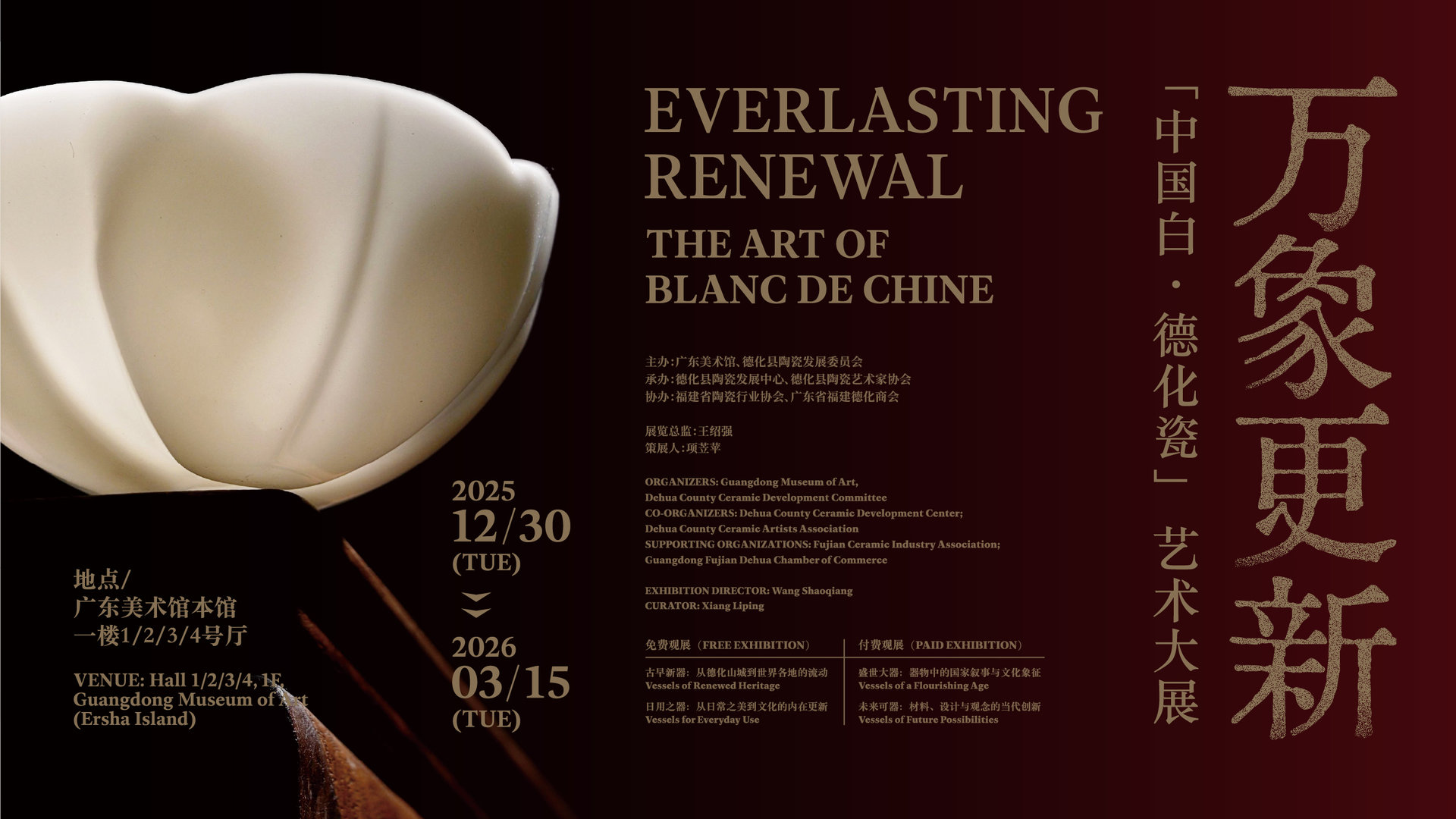Ecology of sensitivity :Guangzhou Image Triennal 2025

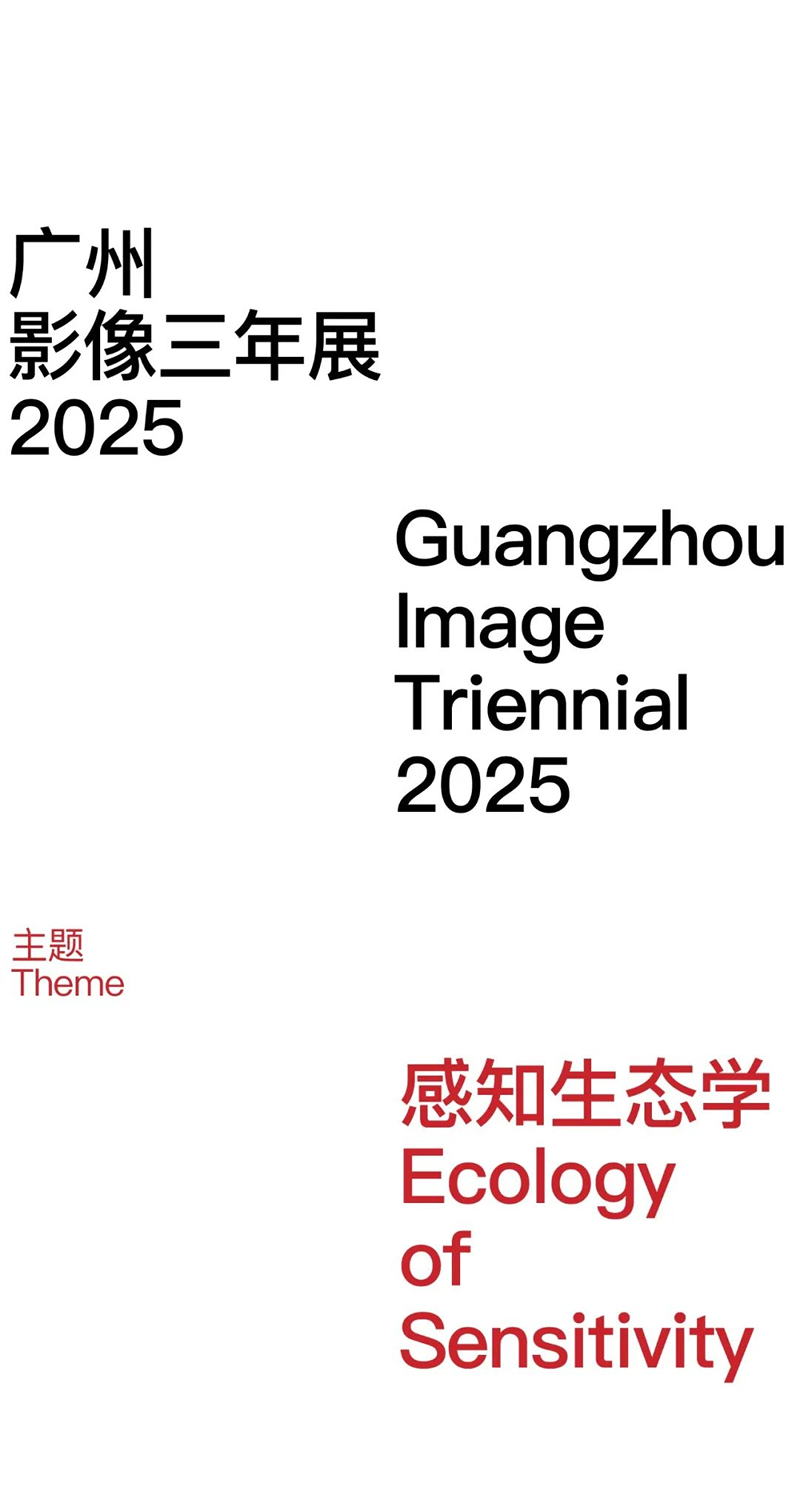
In an algorithm-dominated visual age, Guangzhou Image Triennial 2025 explores the potential of an “expanded photography” to reconnect humans with reality. Contemporary artists offer new forms of attention, seeking to build new imaginaries of nature and memory by bringing together both digital and post digital (neo-analog) aesthetics. Guangzhou Image Triennial 2025 stands as a manifesto for an Ecology of Sensitivity, reshaping how we perceive the world.
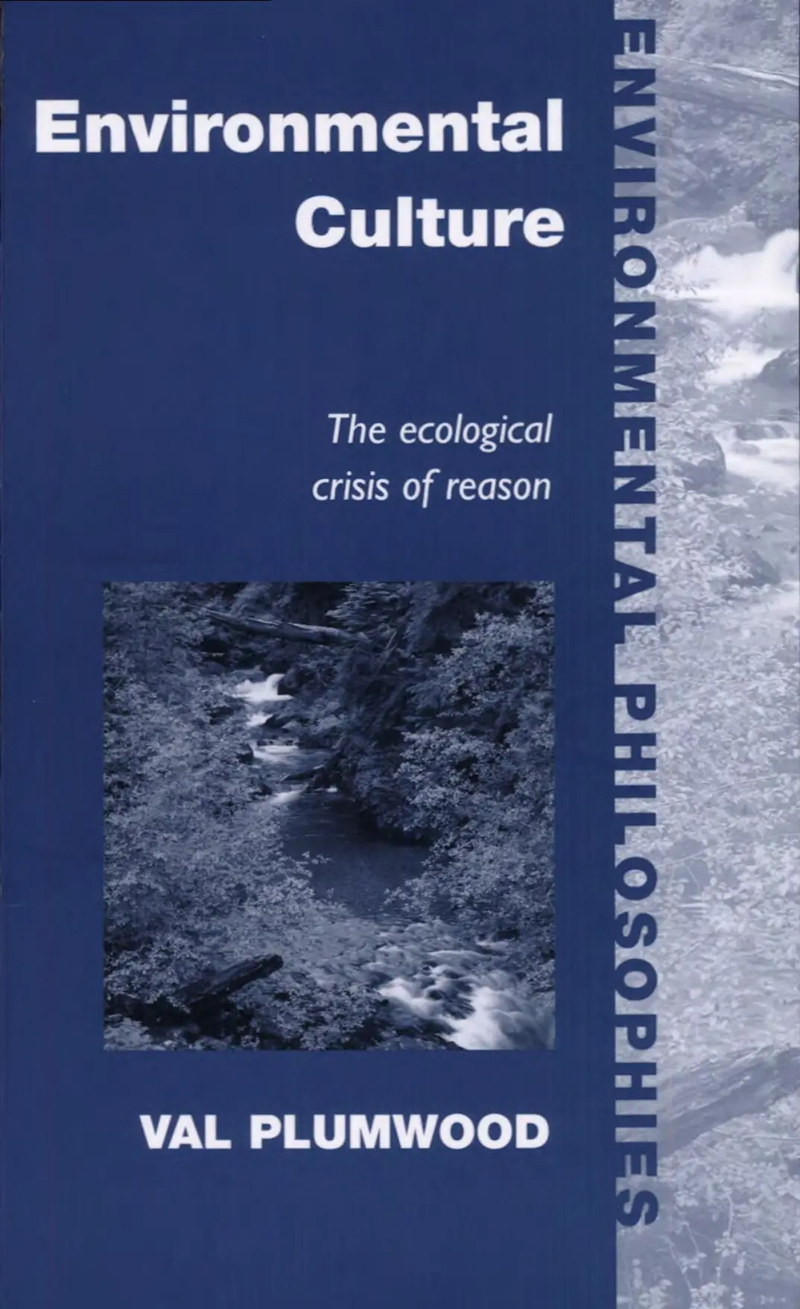
Environmental Culture The Ecological Crisis of Reason, Val Plumwood, 2002.
Guangzhou Image Triennial 2025 offers a perspective on visual artists who take the context of the Anthropocene as a determining factor in representing the world.
Our digital existence has led to a crisis of sensitivity, impoverising our perceptions by depriving us of direct contact with nature and favoring the mediation of images. Yet, contemporary artists invite us to reclaim this sensitivity, approaching materiality in a different way and rethinking our relationship with history and memory. The Triennial thus stands as a true manifesto for a new ecology of sensitivity.
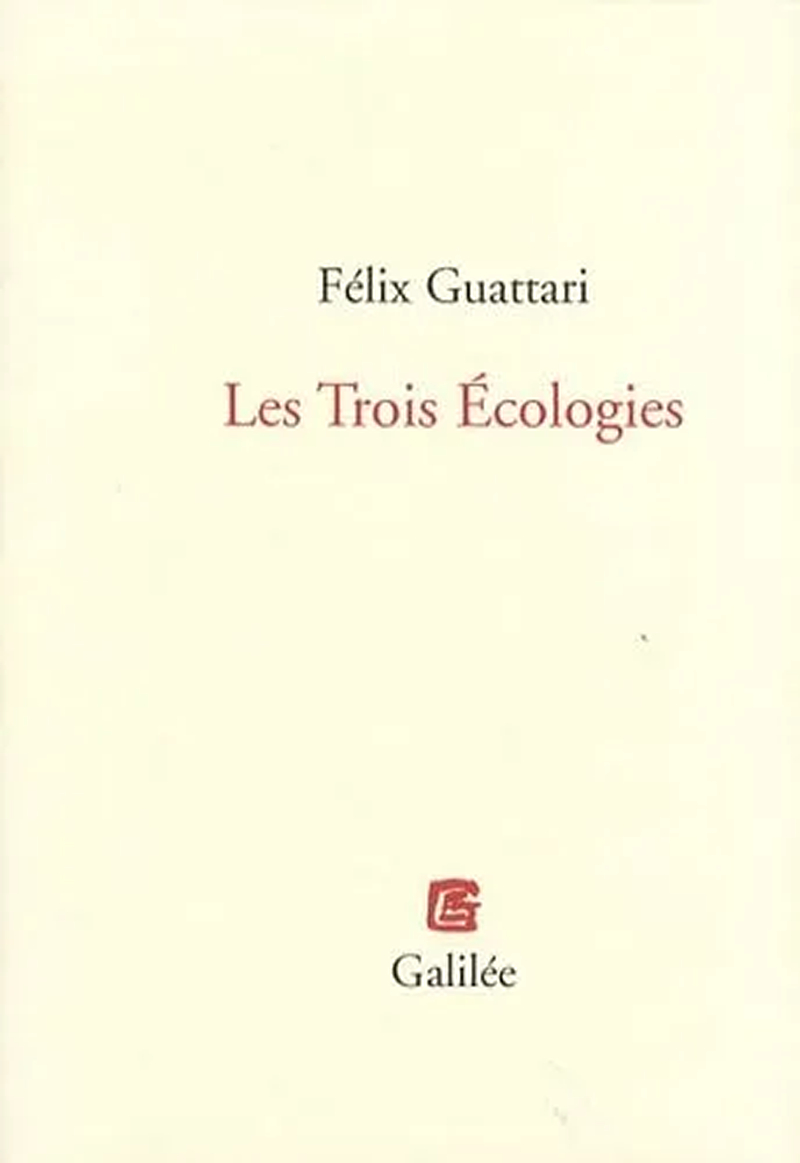
Les trois écologies, Félix Guattari, Galilée, 1989 .
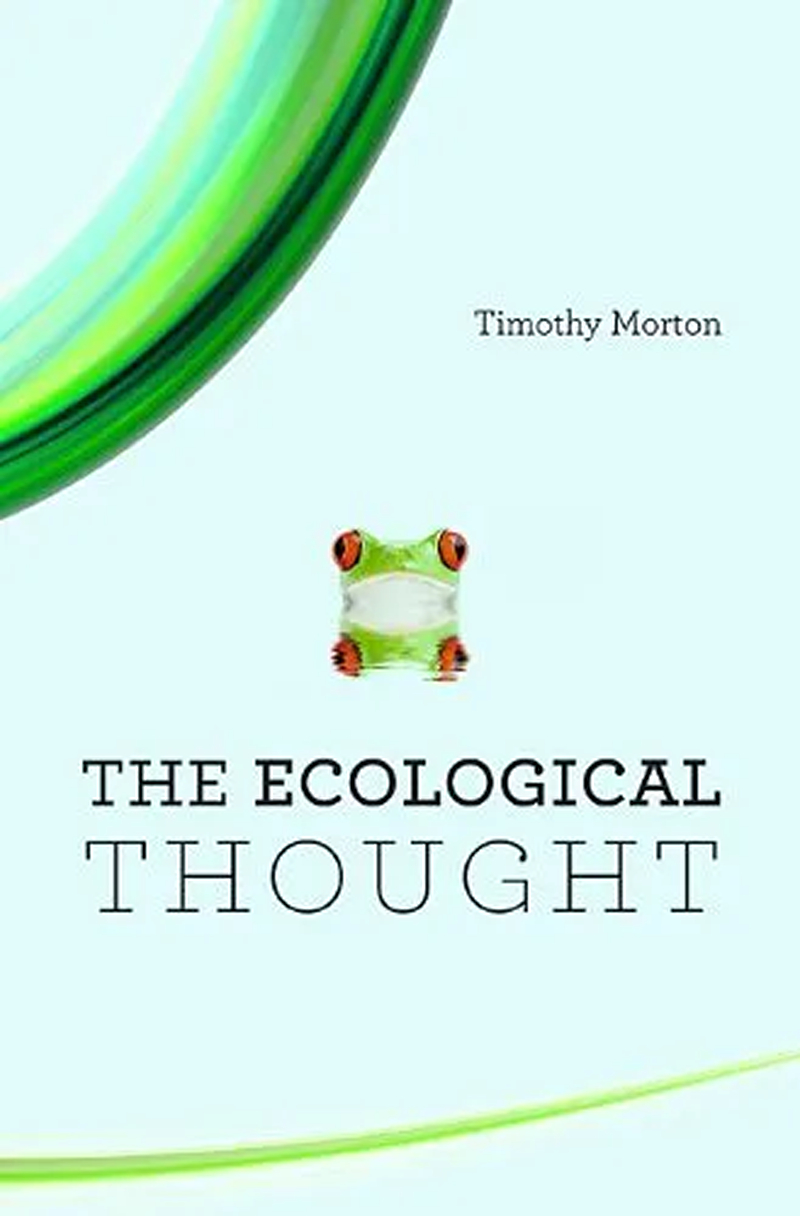
The Ecological Thought, Timothy Morton, Harvard University Press, 2010.
2025·Arne Næss·Félix Guattari“”ecosophy————
Guangzhou Image Triennial 2025 considers new forms of attention by highlighting on the latest photographic experiments. The exhibitions centre on attitudes of reconnection with reality by transforming our perception of phenomena. Drawing on the notion of ecosophy - the wisdom of nature - developed by the philosophers Arne Næss and Félix Guattari, who intertwine environmental, social and mental ecologies, the selected artists propose a genuine ethics of the sensitivity. At times, they turn away from conventional images to re-examine the medium itself : light, time, photosensitive substances, and the tangibility of supports are presented as an alternative visual vocabulary with regard to advanced technologies.
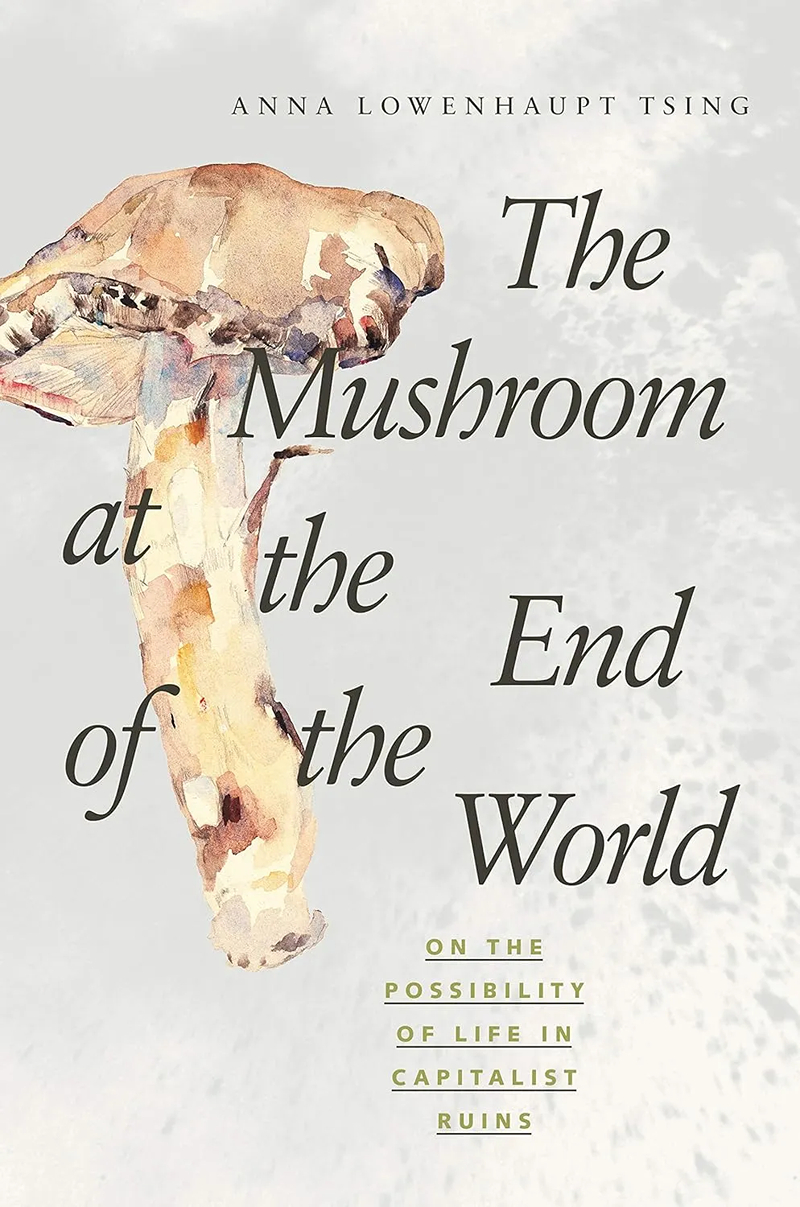
The Mushroom at the End of the World- On the Possibility of Life in Capitalist Ruins, Anna Lowenhaupt Tsing, Princeton University Press, 2015.
The materiality of the image has evolved into a poetic language. Sometimes abstract, but always tangible, this new photography marks a true neo-analog turn. As the medium of the sensitive — rooted in photosensitivity— photography offers a uniquely powerful space for exploring how our sense can reconnect us to the world. In this context, an ecology of sensitivity emerges as both an aesthetic and an ethical imperative.
Curatorial Team:

Chief Director
Director of Guangdong Museum of Art, serves as a National Level-2 Researcher, professor, doctoral supervisor, and an expert with State Council Special Allowance. He also serves as a member of China Artists Association, Vice Chairman of Guangdong Artists Association, President of Guangdong Art Museum Association.
Curators

Michel Poivert is a photography historian, curator, and professor of contemporary art history and photography at Paris 1 Panthéon-Sorbonne University.

A researcher and curator, she is the initiator of two publishing projects: Floating Island and Starlight.

Taous R. Dahmani is a London-based French, British, and Algerian art historian specialising in photography.
Academic Committee Members

Independent curator, writer and professor.

General Director of Seoul Museum of Art.Choi is one of the central figures of Korean Contemporary Art Museum’s scene for 36 years.

Professor at School of Arts and Humanities, Guangzhou Academy of Fine Arts. Fan Lin has been devoting her attention to art criticism, curation and the teaching and research of western modern art history.

Art historian and curator of photography.The Director of the Institute of Social Archive of Chinese Photography at CAA, also the Photography Department Director at the CAA Art Museum and the Director of the Gaofan Photography Museum (Xiaoshan, Hangzhou).

Majored in art history and theory, Pi Daojian graduated from Hubei Institute of Fine Arts with a master’s degree in 1981 and began teaching in the institute later. He is now the deputy director of the Curators Committee of China Artists Association.

Independent curator and writer, Executive Director of the Annual Report of Chinese Contemporary Photography and Video Arts at Shanghai Doland Museum of Modern Art. MA in "Arts Administration and Policy" at the SAIC.

Photographer and curator, artistic director for Chengdu Contemporary Image Museum.
Guangzhou lmage Triennial
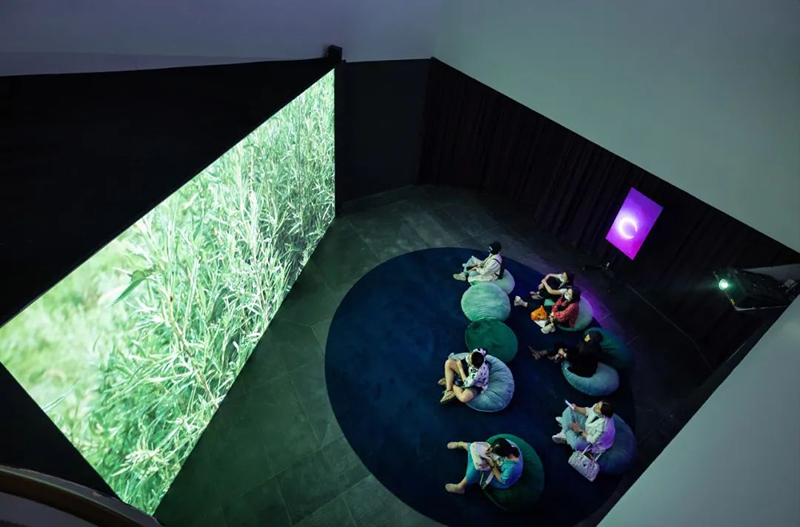
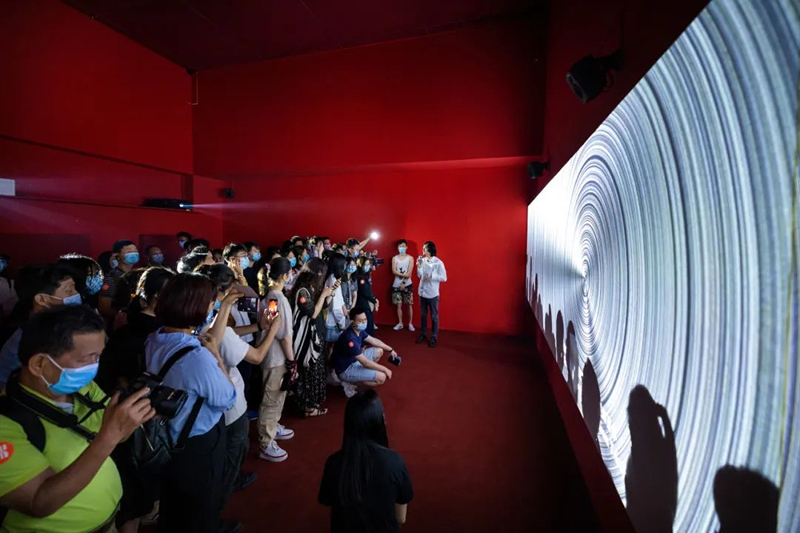
“Guangzhou lmage Triennial2021”
Guangzhou Photo Biennial, the predecessor of Guangzhou lmage Triennial, was first held in 2005. in 2017, it was renamed by the Museum as Guangzhou lmage Triennial which, based on observation and thinking on the development of media phenomena, expands the research focus from the original "social and humanistic photography" to the more inclusive and discipline-oriented "visual research image", aiming to promote the practice and research of Chinese photography and moving images through more liveral andoriented efforts. Since its renaming, the Guangzhou Image Triennial has successively presented two editions of exhibitions, both receiving widespread recognition and acclaim from all sectors of society: Stimultaneous Eidos: Guangzhou Image Triennial 2017 received the "National Art Museum Excellence Award" from the Ministry of Culture and Tourism in 2018; Intermingling Flux: Guangzhou Image Triennial 2021 was nominated for the "National Art Museum Excellence Award" (2020-2021) by the Ministry of Culture and Tourism.
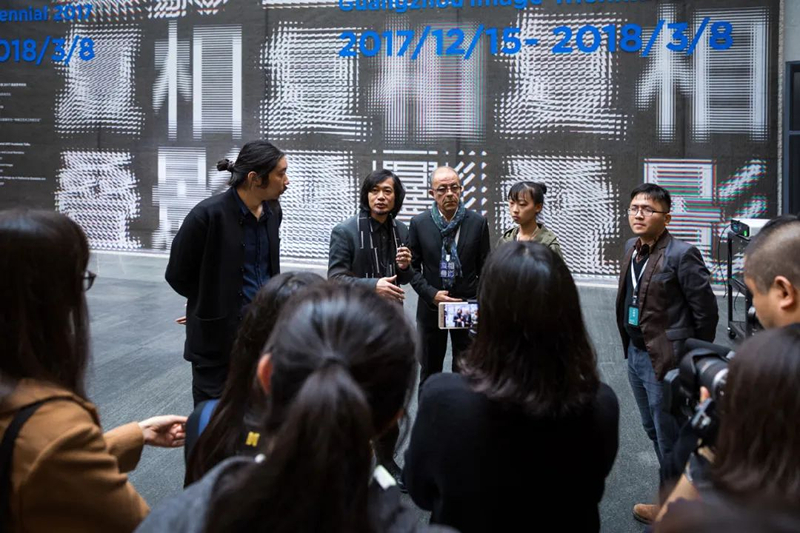
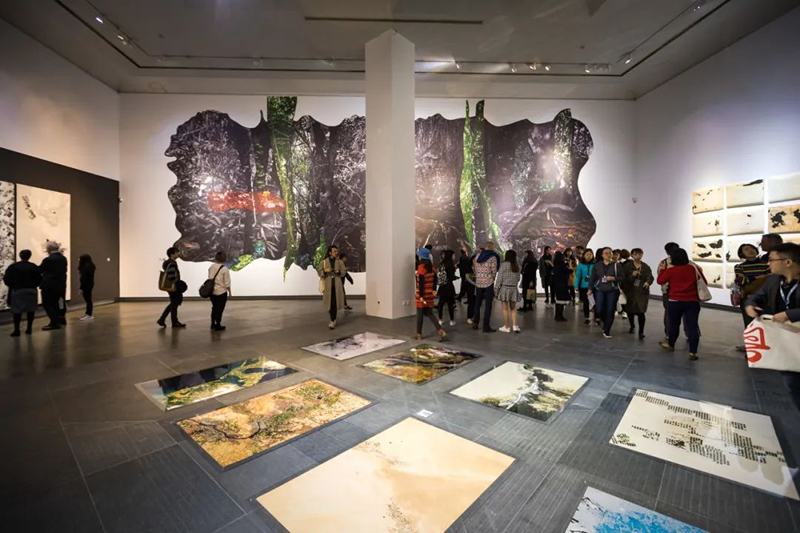
“Guangzhou lmage Triennial2017”
Opening hours: every Tuesday to Sunday from 9:00 to 17: 00 (admission is closed at 16: 30 and clearance is started at 16:45).
Closed on Mondays (except legal holidays and special circumstances).
Baietan Area: No. 19, Baietan South Road, Liwan District,Guangzhou P.C. 510170 | Front Desk Phone:020-88902999,020-88902888
Ersha Island: No. 38 Yanyu Road, Ersha Island, Yuexiu District, Guangzhou P.C. 510105 | Front Desk Phone:020-87351468
Closed on Mondays (except legal holidays and special circumstances).
Baietan Area: No. 19, Baietan South Road, Liwan District,Guangzhou P.C. 510170 | Front Desk Phone:020-88902999,020-88902888
Ersha Island: No. 38 Yanyu Road, Ersha Island, Yuexiu District, Guangzhou P.C. 510105 | Front Desk Phone:020-87351468


